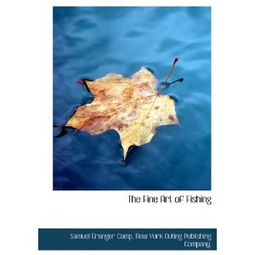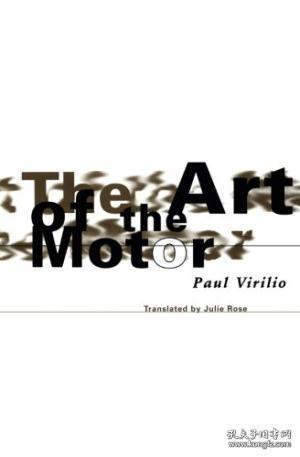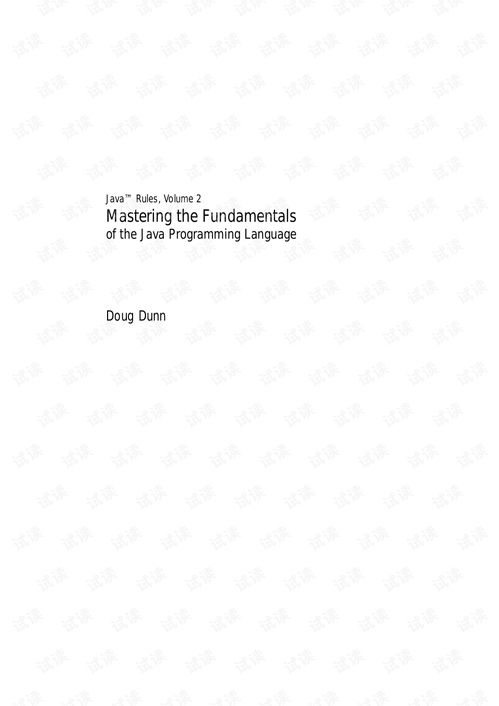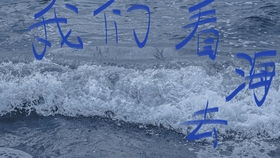In the serene pursuit of tranquility and the thrill of the catch, fishing has long been a cherished pastime for many. Similarly, the art of essay writing is a skill that requires patience, practice, and precision. Both钓鱼和写作,虽然在本质上有很大的不同,但它们都蕴含着相似的技巧和策略,In this article, we will delve into the various methods of fishing and draw parallels to the techniques required for crafting a compelling essay.
Understanding Different Fishing Techniques
Fishing, much like essay writing, can be approached in various ways. Each technique has its unique charm and effectiveness, much like the different styles of writing that cater to different purposes and audiences. Let's explore some common fishing techniques and how they relate to essay writing.
Fly Fishing - This delicate and precise method involves casting a weighted fly line and using a fly rod to attract fish. In essay writing, this technique can be likened to the precision of argumentation and the art of persuasion. Just as a skilled fly fisherman must understand the behavior of his target species, an essayist must understand the mindset of their audience to effectively present their arguments.

Spin Casting - A more dynamic approach, spin casting involves casting a spinning rod with a lure. This method requires quick movements and a keen eye for timing. Similarly, when writing an essay, the writer must be adept at structuring their arguments and weaving in supporting evidence, all while maintaining a flowing narrative.
Bait Fishing - This method involves attaching bait to a hook and letting it sit in the water, often using a simple rod and reel. Bait fishing can be compared to the straightforward approach of essay writing, where the writer presents their thesis clearly and provides supporting evidence without unnecessary complexity.
Ice Fishing - This technique involves fishing through a hole in the ice on a frozen lake. It requires patience and a keen sense of the environment. Similarly, writing an essay under a tight deadline or in a competitive environment requires the same level of patience and adaptability.
Essays: The Art of Persuasion and Communication
Now that we have explored the different fishing techniques, let's translate these into essay writing skills.
Introduction: The Cast - Just as a fisherman casts their line to attract a fish, an essayist casts their thesis statement to engage the reader. The introduction is your opening line, and it must be compelling enough to hook the reader's interest.
Body Paragraphs: The Lure - The body paragraphs are where you present your arguments and evidence. Just as a lure must be attractive to a fish, your arguments must be persuasive and well-supported to convince your reader.
Conclusion: The Reel - The conclusion is where you reel in your essay, summarizing your main points and reinforcing your thesis. It's the final impression you leave on the reader, much like the last tug on a fishing line that results in a successful catch.
Writing Techniques: The Gear of the Essayist
Thesis Statement: The Rod - Your thesis statement is the backbone of your essay. It must be clear, concise, and reflective of your main argument. Just as a rod is essential for fishing, a strong thesis statement is essential for an essay.
Evidence and Examples: The Bait - Provide evidence and examples to support your arguments. These are the baits that attract the reader's attention and keep them engaged.
Structure and Organization: The Reel - Organize your essay in a logical and coherent manner. Just as a reel helps you manage your line, a well-structured essay guides the reader through your arguments.
Revising and Editing: The Tackle Box - Always have your tackle box ready for revising and editing. This includes proofreading for grammatical errors, ensuring clarity, and refining your arguments.
In conclusion, whether you are casting a line into the water or crafting a line of thought in an essay, the principles remain the same. Both钓鱼和写作 are arts that require practice, patience, and a keen understanding of the tools at your disposal. By mastering the techniques and applying the right strategies, you can turn your passion for fishing into a compelling essay, or your essay into a successful catch of knowledge and insight.












